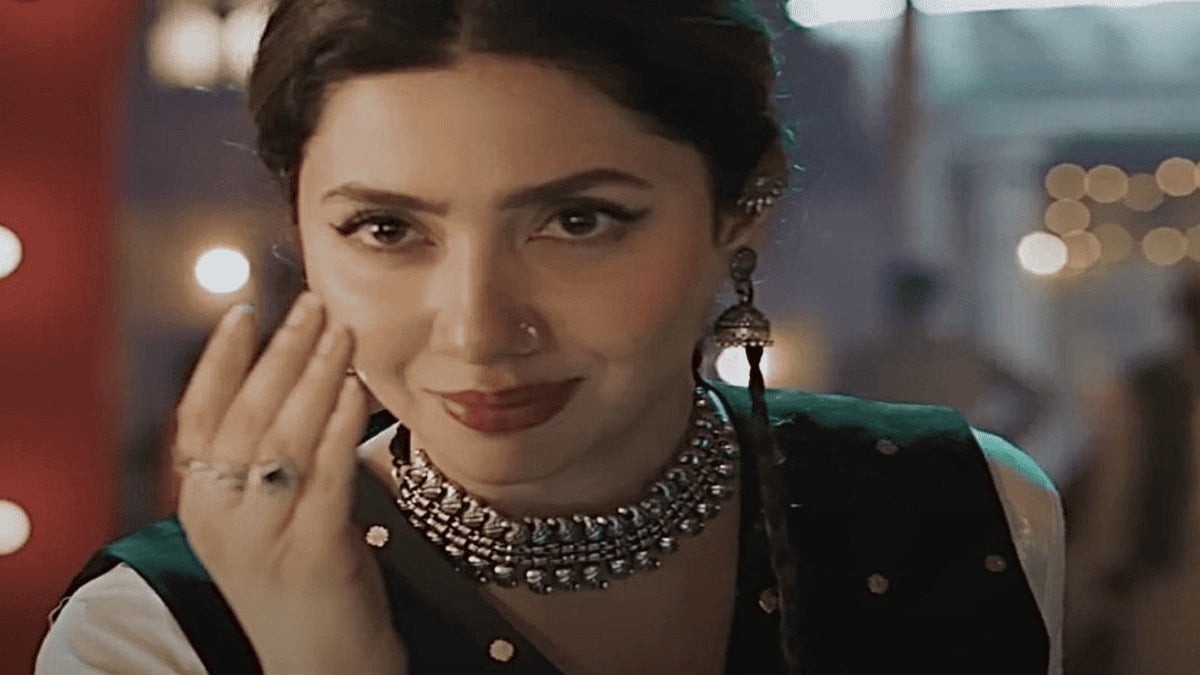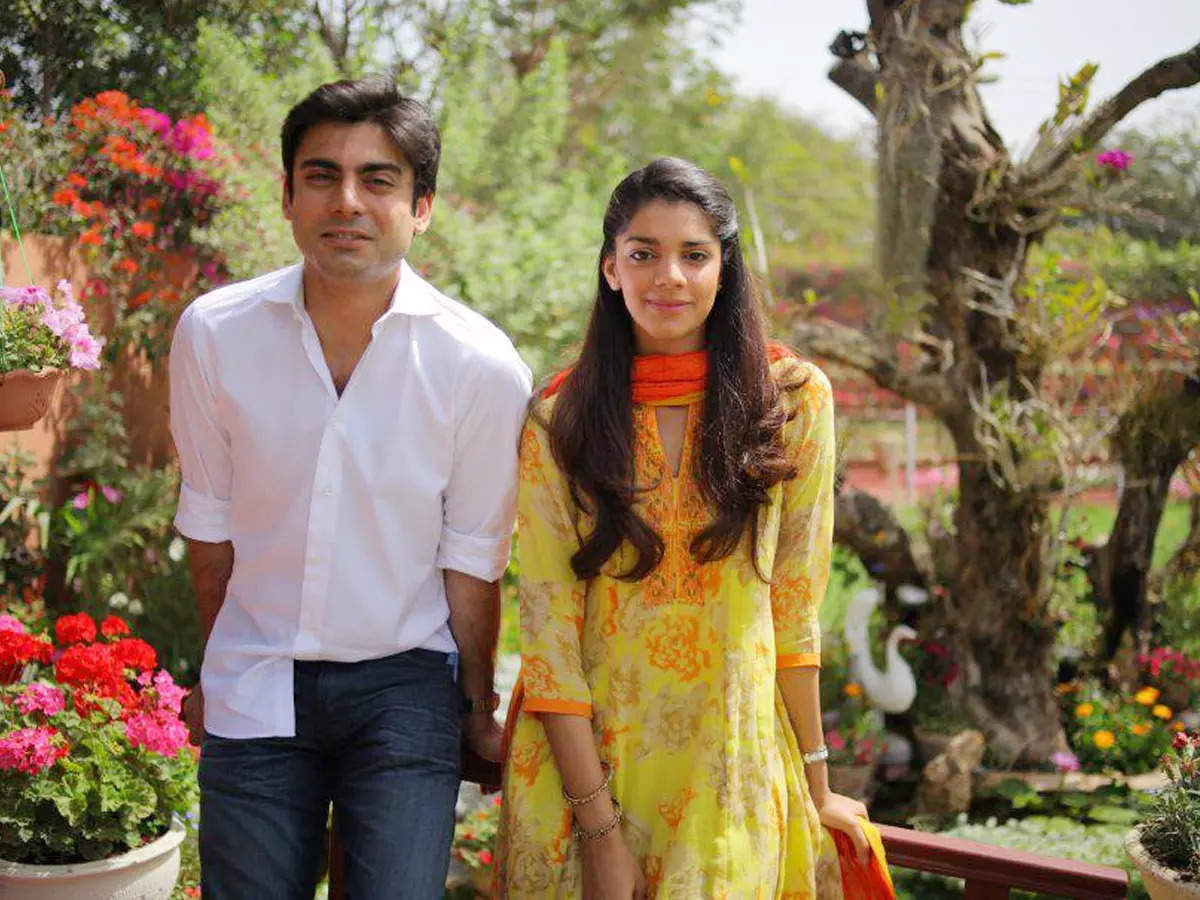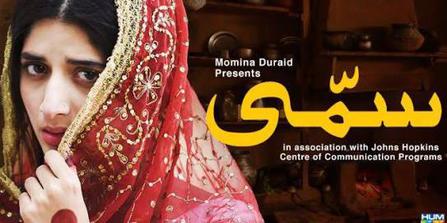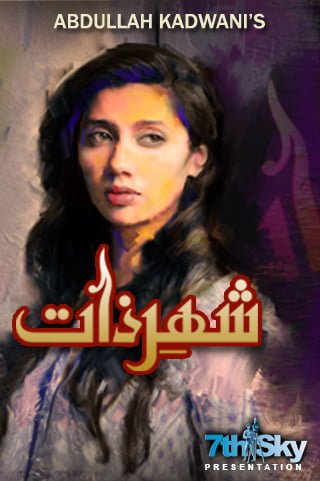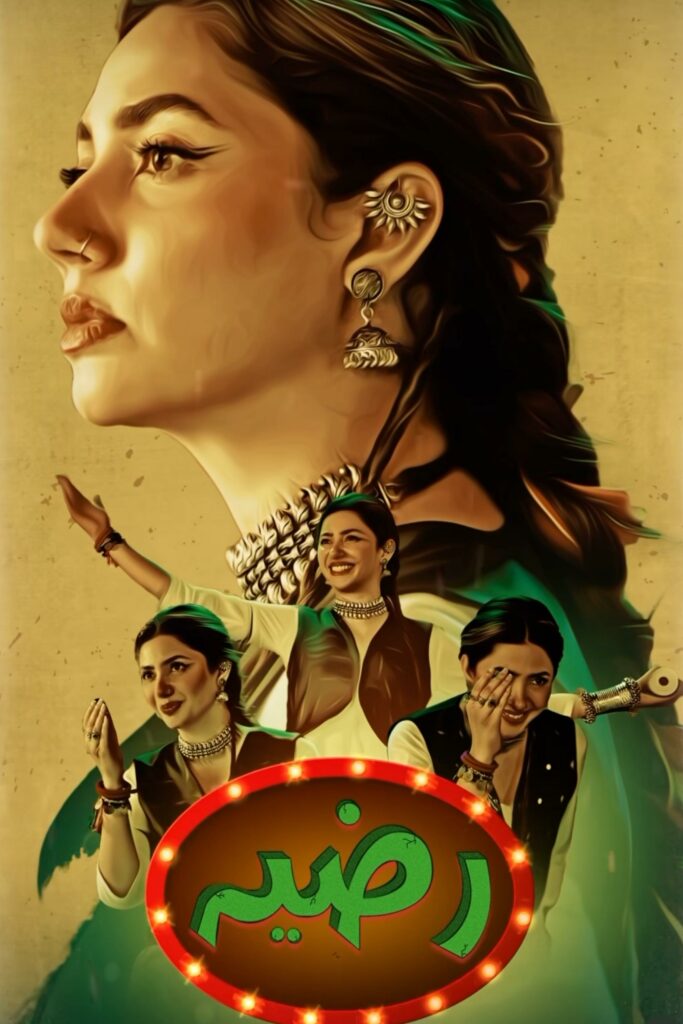Bollywood movies are widely recognised for their global reach but a significant portion of Indian society, as well as many others worldwide, have been influenced by Pakistan’s drama greatly, too. Even while numerous issues divide Indians and Pakistanis, the current political and sports climate cannot account for one particular trend: the rising popularity of Pakistani dramas in India.
Even while numerous issues divide Indians and Pakistanis, the current political and sports climate cannot account for one particular trend: the rising popularity of Pakistani dramas in India.
Watching Pakistani shows in India provides Indian viewers with a glimpse into the unknown world of ordinary Pakistanis, and it also makes them realise that the two nations are more alike than they are often thought to be. Similar themes of marriage, family, and relationships are featured in both Indian and Pakistani TV shows.
For Pakistani television programmes to have a wider audience in India, Zee News launched the Zindagi channel in 2014. As a result of high demand, the drama Zindagi Gulzar Hai was rerun a month after it originally concluded. Due to the increasing hostilities following the 2016 Uri strikes, Pakistani media was officially banned in India. However, many Indians were still streaming a lot of Pakistani dramas via YouTube and other websites.
Pakistani dramas are shifting radically from quintessential cousin marriages, saas-bahu fights, and patriarch-led stories to much more sensible and social themes. Women’s empowerment, gender equality, mental health and the difficulties faced by Pakistani women are all major topics of discussion in many dramas nowadays.
Showcasing the societal traditions through Pakistani dramas
Many of the hidden and obscure cultural traditions in the country are highlighted by writers, especially in the drama Sammi which sheds light on the horrific crime of “vani,” which is an illegal and obsolete tradition that is still practised in some parts of Pakistan. In this custom, a young girl is forced into marriage as punishment for a crime committed by her male relatives. This drama had up to 3.5 million views airing throughout 21 episodes, with an average of 800,000 viewers viewing each episode on YouTube.
Udaari is another ground-breaking drama that has had a profound impact on both viewers and society at large. This compelling series explores the awful subject of sexual abuse in families, illuminating the hidden corners of this widespread problem and promoting an essential component of child safety: educating kids about good and bad touch. In Pakistan, it has sparked a communal consciousness by raising awareness about the delicate issue of sexual assault and the need to instil in kids a sense of personal boundary.
Representation of spirituality in Pakistani dramas
Most of the dramas in Pakistan, which focus primarily on housewives, deal with complex love triangles, family dynamics and politics, particularly between a married woman and her husband and/or in-laws. Some stories in Pakistani dramas stand out for their novel subjects, profound significance, and strong, dynamic female protagonists.
Some stories in Pakistani dramas stand out for their novel subjects, profound significance, and strong, dynamic female protagonists
A young woman’s journey from self to living, having learned the harsh facts of life, is narrated in Shehr-e-Zaat written by Umera Ahmed and directed by Sarmad Khoosat. She is trying to make up for all the time she has squandered in worldly pursuits and ultimately submit to God’s plan. The theme of spiritual awakening runs through the entire narrative. Sufism draws a clear distinction between human love for God and human love for another human being, which is not a simple accomplishment.
Based on Umera Ahmed’s book of the same name, Alif, directed by Haseeb Hassan, highlighted how the letter “alif” is a metaphor for connecting to God and how the path from the problem to its solution is easy and straightforward when one is in touch with their conscience. The narrative focuses on Momina Sultan, a troubled actress and Qalb e Momin, a rebellious filmmaker, coming across each other with difficult pasts and finding solace in God. The narrative carries a powerful spiritual lesson that is not obscured by a grandiose romance; rather, it offers devotion to the divine for the fleeting essence of earthly love.
Portrayal of mental health
Mental health is still considered taboo, however, the Pakistani drama industry is attempting to shatter the stigma by presenting stories of people dealing with mental health conditions such as PTSD, Bipolar Disorder, Schizophrenia, and others.
Over its whole run, Ishq Zahe Naseeb—a drama that aimed to portray unique characters and plot—has been underappreciated. With Zahid Ahmed as Sameer, a mentally ill character with Split Personality Disorder, and Yumna Zaidi portraying Sameera, his other personality, the show accomplishes more than just entertainment. Through highlighting how each character has their own struggles and motivations, the drama promotes empathy. It made clear how, when seeking explanations for someone’s actions, we must consider them from their point of view and try to empathise with them.
Significance of women’s empowerment
The goal of woman empowerment is to present women as the protagonists of their own stories rather than as victims because they are already powerful.
Razia is an engaging masterwork that has captivated audiences’ hearts and brains all across the world. Mahira Khan’s storytelling about hard-hitting, unapologetic, and thought-provoking facts has stolen the show. Sensitive topics are boldly addressed head-on in the drama, posing important queries like gender inequity and the restrictive expectations put on women. A close-up perspective of the undying resilience of women who dare to defy the established norm is showcased via the prism of Razia’s story.
A close-up perspective of the undying resilience of women who dare to defy the established norm is showcased via the prism of Razia’s story.
Working Women showcases the realities of women in the modern society of the 21st century. The story overcomes biases and embraces the range of experiences because of the characters’ intersectionality, which enables it to touch on a number of facets of womanhood. Every woman is a representation of a certain aspect of the difficulties women encounter while pursuing a successful career and personal life. The drama encourages viewers to consider the expectations society places on women as it progresses. It also establishes a new benchmark for poignant and significant storytelling.
Aakhri Station is a seven-episode miniseries based on the true stories of women who are bonded by fate even though they come from diverse age groups and socioeconomic strata. Sexual assault, HIV, forced prostitution, drug addiction, depression, and other topics are all addressed in the drama. The original soundtrack of the drama, ‘Mujhey Apney Jeenay Ka Haq Chahiyeh‘, written by Amjad Islam Amjad with a unique rendition of the poetry by Shabana Azmi, is an anthem for all the women who have faced patriarchal oppression and seek freedom to live life on their terms:
Na main baandi kisi ki na jaageer hoon
(I am neither a slave nor anyone’s property)
Humnafas hoon teri, humsafar hoon teri
(I am your soulmate, I am your companion)
Jis pe mil kar chalain woh sarak chahiye
(I want that road on which we can walk together)
Pakistani dramas going places
The industry has changed significantly over the last few years, mostly in terms of the kind of material that is generated. Popular Pakistani shows have also been taken up by streaming services like Netflix and Prime, bringing them to a worldwide audience. Artists, writers, and directors from Pakistan now have more possibilities, and dramas are becoming more widely known and watched worldwide due to this.
Saas-bahu tropes and comical romances are the most popular genres in the industry. However, the amount of important and creative literature that appears in Pakistani television dramas is abundant. With new topics and styles becoming more and more popular, the industry has experienced a considerable transition. Despite the constant tension between the two countries, Indians are enjoying, appreciating and streaming Pakistani dramas online. The entertainment industries continues to strengthen the bond between the two nations.
